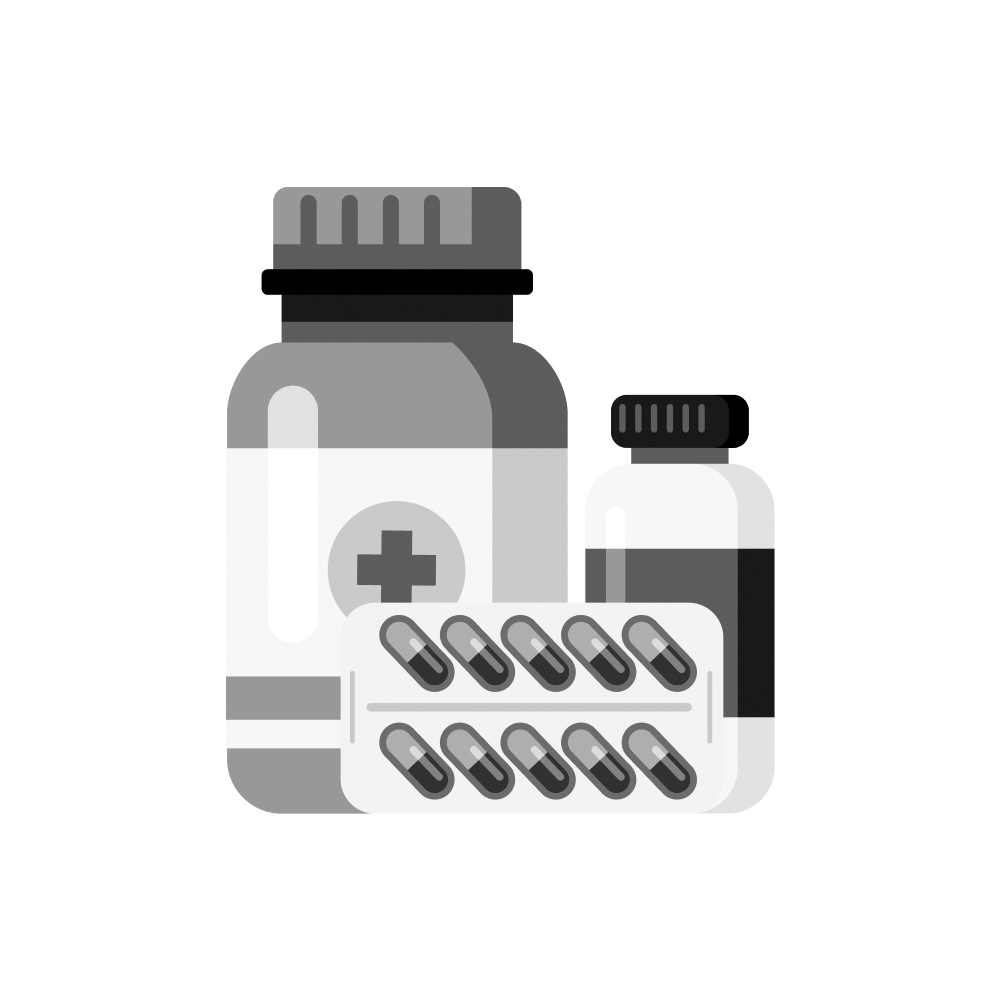ফার্মেসীর জন্য পাইকারি দামে ঔষধ কিনতে রেজিস্টেশন করুন
Register
Radiant Pharmaceuticals Ltd.
Generic: Tenecteplase
Safety Advices
বাংলা
English
CONSULT YOUR DOCTOR
It is not known whether it is safe to consume alcohol with Metalyse. Please consult your doctor.
CONSULT YOUR DOCTOR
Metalyse may be unsafe to use during pregnancy. Although there are limited studies in humans, animal studies have shown harmful effects on the developing baby. Your doctor will weigh the benefits and any potential risks before prescribing it to you. Please consult your doctor.
CAUTION
Metalyse should be used with caution during breastfeeding. Breastfeeding should be held until the treatment of the mother is completed and the drug is eliminated from her body.
NOT RELEVANT
Not relevant, as Metalyse is intended for use in hospitalised patients.
CONSULT YOUR DOCTOR
There is limited information available on the use of Metalyse in patients with kidney disease. Please consult your doctor.
CONSULT YOUR DOCTOR
There is limited information available on the use of Metalyse in patients with liver disease. Please consult your doctor.
ফার্মেসীর জন্য পাইকারি দামে ঔষধ কিনতে রেজিস্টেশন করুন
Register
Radiant Pharmaceuticals Ltd.
Generic: Tenecteplase
Disclaimer
The information provided herein is accurate, updated and complete as per the best practices of the Company. Please note that this information should not be treated as a replacement for physical medical consultation or advice. We do not guarantee the accuracy and the completeness of the information so provided. The absence of any information and/or warning to any drug shall not be considered and assumed as an implied assurance of the Company. We do not take any responsibility for the consequences arising out of the aforementioned information and strongly recommend you for a physical consultation in case of any queries or doubts.
